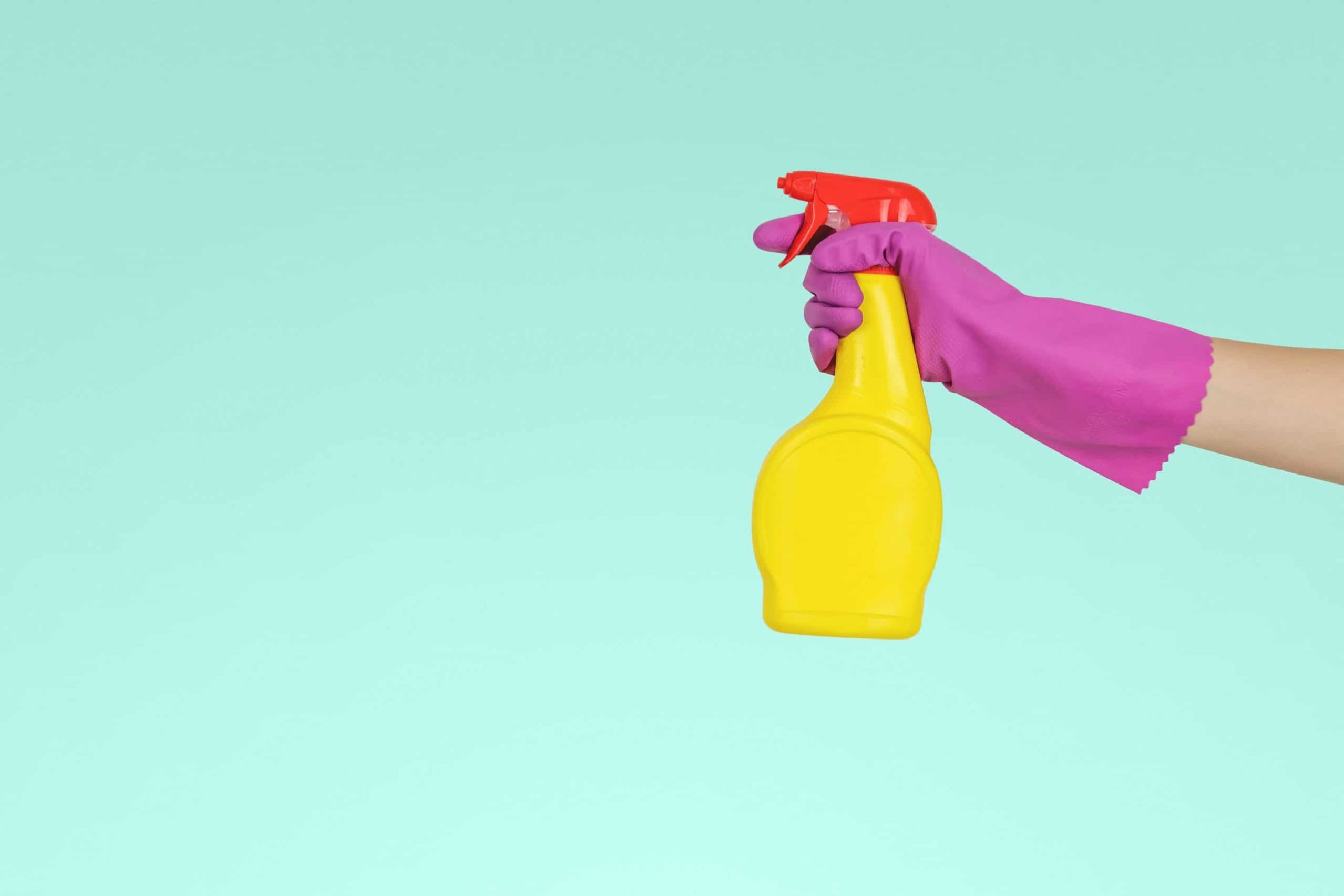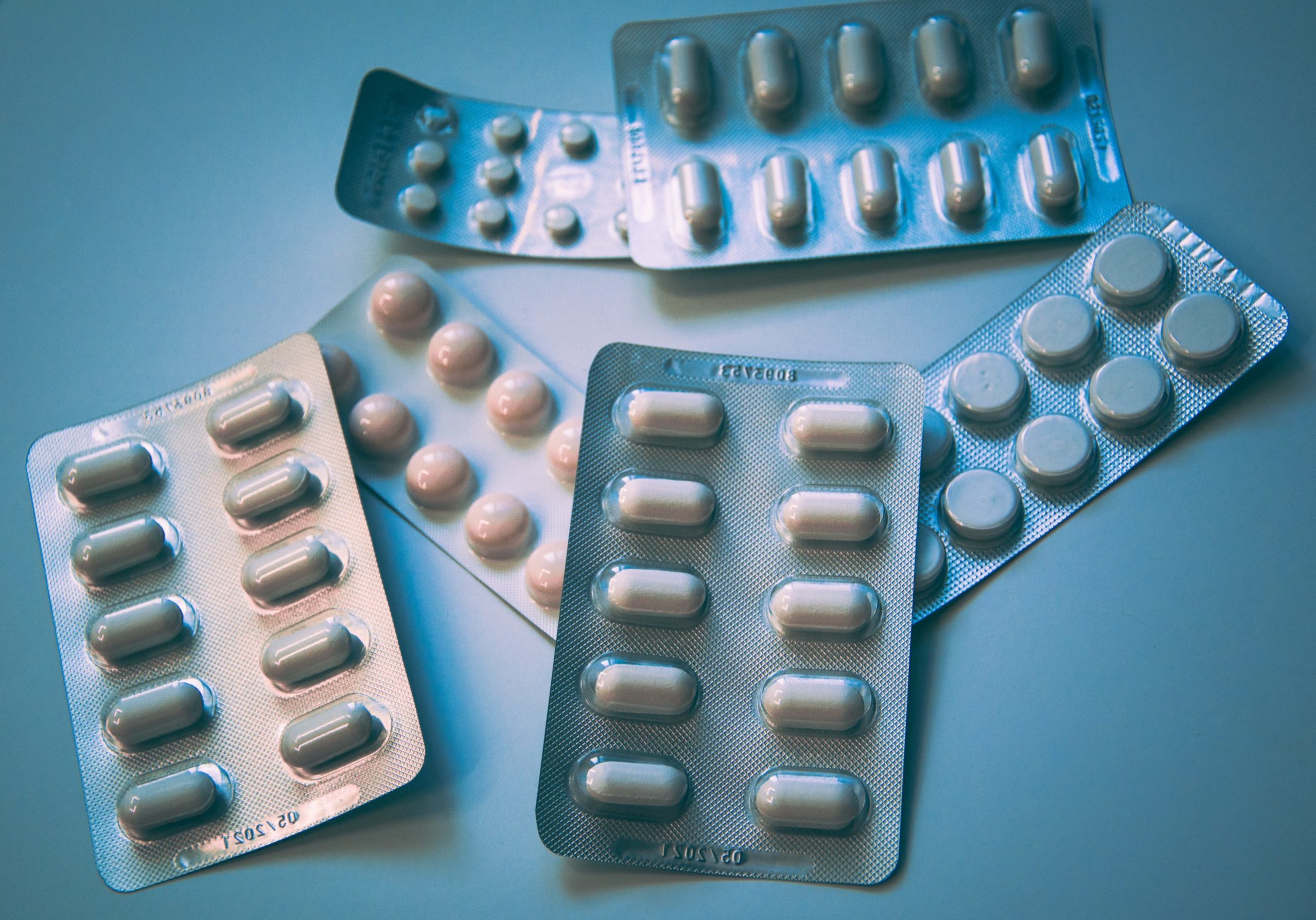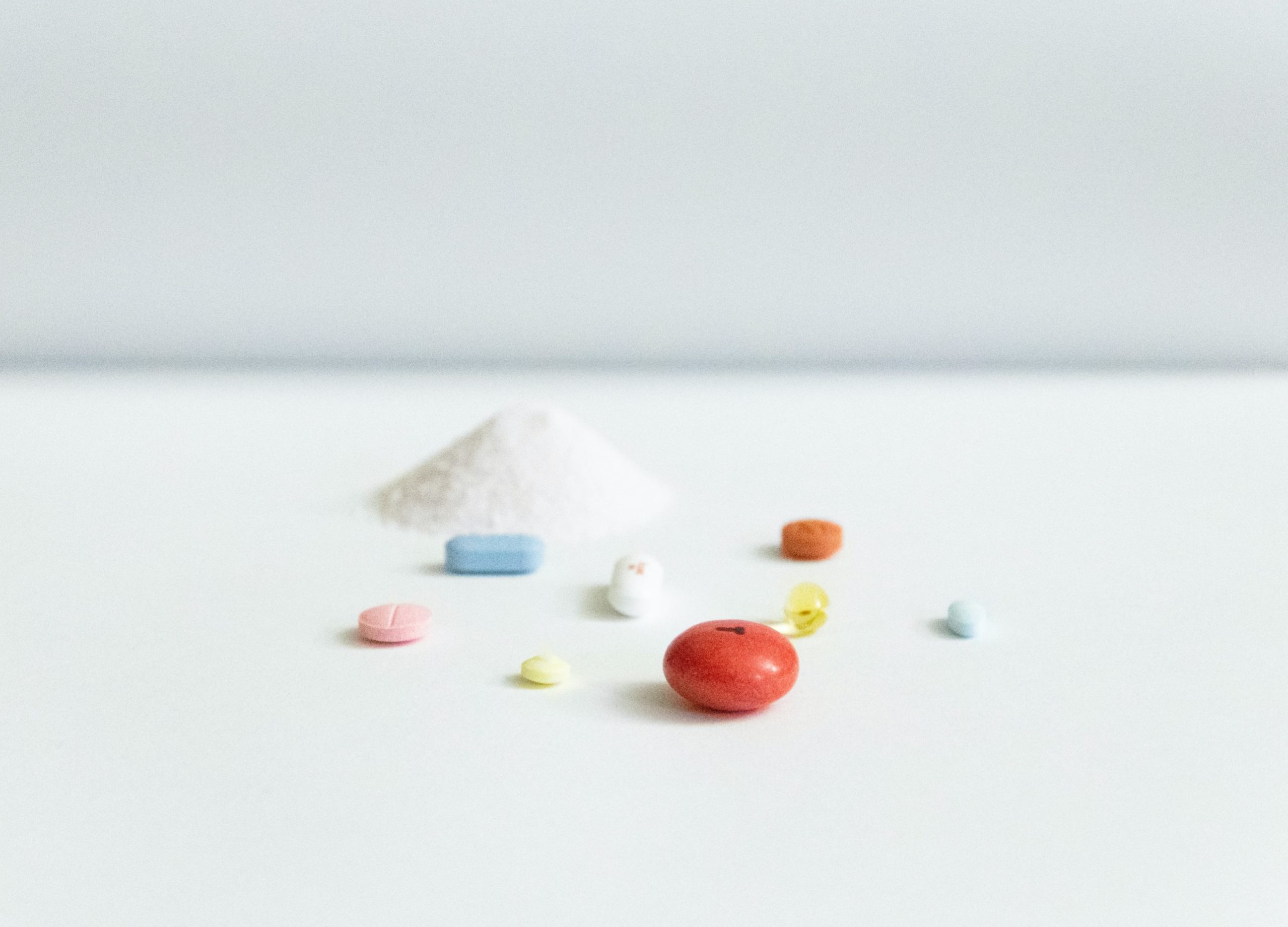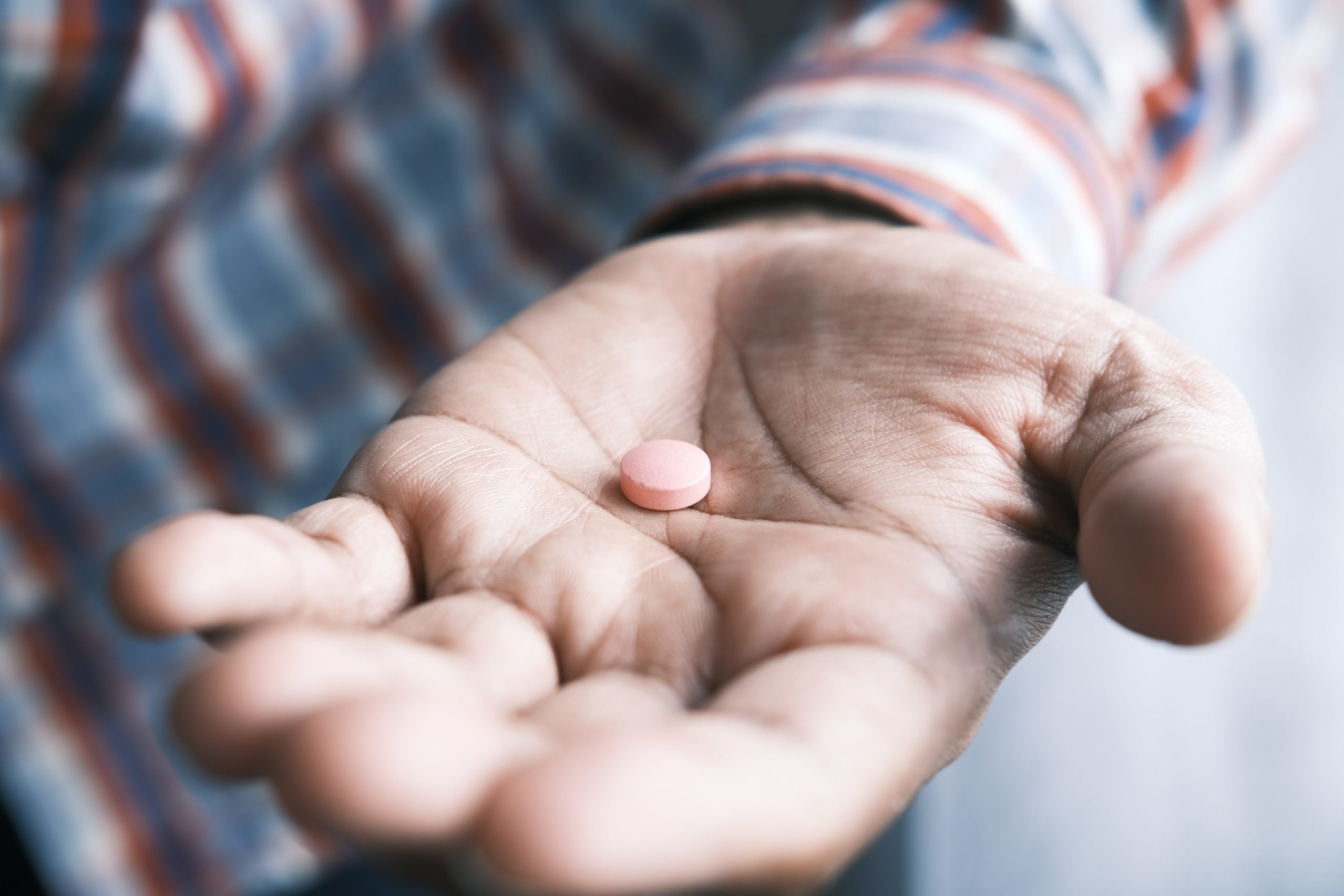Being confrontational with someone you care about is never easy. But when someone you care about is risking their safety with substance use, intervention becomes necessary. But how do you approach someone about seeking help for their addiction? Where do you even start? Start here with our step-by-step guide on how to structure and conduct a successful intervention.
6 Health Risks of Prolonged Substance Use Disorder
Substance Use Disorder (SUD) is characterized by addiction or the uncontrolled use of a substance despite its negative effects. Prolonged Substance Use Disorder can result in a host of complications ranging from behavioral issues to serious diseases. Entire books have been written about the harmful effects and damage that result from severe addiction. The list could truly be endless.
So we’ve selected a few conditions that arise from long-term substance abuse to discuss. Health risks like cardiovascular disease, stroke, cancer, HIV/AIDS, Hepatitis B and C, respiratory/lung disease, and mental disorders are the most common and/or dangerous conditions that contribute to chronic addiction. In most cases, these health risks are permanent, life-long struggles that individuals must be treated for alongside addiction recovery.
Why We Need to Remove “Clean” From Our Addiction Vocabulary
It’s time for a vocabulary lesson on the word “clean” in reference to addiction. This word and many others like it often impress a negative connotation on individuals struggling with substance abuse disorders. It’s our responsibility as a community to strive to support addicted individuals. One of the ways we can accomplish this is by acknowledging harmful language in reference to addiction and work to reform the vocabulary. Let’s discuss why words like “clean” are insensitive and identify some alternative phrasing with neutral or positive connotations.
What is Dry Drunk Syndrome?
People often think that if they could just stop drinking, it would solve all their problems. But more often than not, there is an underlying deeper issue that the individual is using alcohol to cope with. Situations like this can very easily develop into what’s commonly referred to as Dry Drunk Syndrome.
What is Addiction Medication?
Detox and withdrawal are trials that many people struggle with and addiction medication may be the key to successful addiction treatment.
5 Most Addictive Drugs
Addiction comes in many forms and levels of severity so let’s discuss the top 5 most addictive drugs, their traits, and their characteristics.
Everything You Need to Know About Buprenorphine
Withdrawing from opioids is often much more manageable when symptoms are being controlled with an addiction medication like Buprenorphine. But what exactly is Buprenorphine and what does it do? Here’s everything you need to know about the addiction medication Buprenorphine.
The 3 Types of Trauma and How They Rely on Addiction
A staggering 75 percent of men and women in addiction treatment report histories of abuse and trauma. But how does trauma predispose a person to substance abuse?
Meth in the LGBTQ+ Community
The abuse of crystal meth among the LGBTQ+ community has been a prominent health concern for decades. However, abuse is especially prominent among gay and bisexual men after gaining popularity in the 1990s, steadily increasing into a modern epidemic. But how did this trend begin and why has it gotten worse? Let’s explore.
Back to School: Adderall Abuse Among College Students
It’s back to school time again, which means cramped dorm living, mountains of coursework, and strict professors. Let’s face it, college comes with a lot of stress and responsibility with not much in the way of leniency for failure. Relying on caffeine and Adderall to finish up a paper due at midnight might seem like a harmless option as long as it doesn’t become a habit. But Adderall is an amphetamine that can be highly addictive if used improperly.











